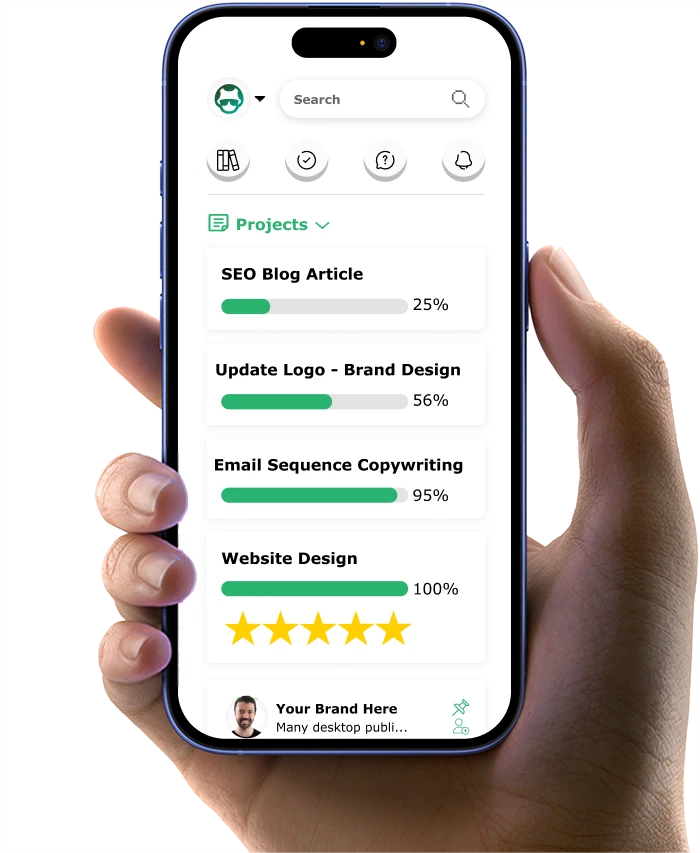9 Facebook Ad Copy Mistakes (And How to Fix Them)

Is your Facebook ad performance dropping? You're not alone.
Recently, I talked to agency owners who are frustrated with their Facebook ads. Their costs keep rising while their results keep falling.
Here's what I learned after we helped hundreds of clients fix their Facebook ads: the old ways of writing ad copy just don't work anymore.
Let me share a quick story about Benjamin, a marketing manager who came to us after watching their ad results plummet. He was using the same ad copy that worked great last year. But now? His agency's leads were getting more expensive and less qualified.
The problem wasn't the offer. It was how they presented it. Their desktop-focused ads looked terrible on mobile - where most Facebook users view content today.
We helped Sarah fix her ads using the methods I'll share with you today. Within weeks, she was getting better quality leads who actually turned into customers.
In this guide, you'll discover:
- The "mobile-first method" that keeps readers glued to your ads
- A simple attention-grabbing formula that stops the scroll
- The secret psychology behind high-converting ad copy
- How tiny tweaks to your CTA can double your click rates
- The proven framework that turns viewers into buyers
Let's start by looking at the biggest mistake most advertisers make...
Mistake #1: Poor Mobile-First Copy Structure
Your ad copy might look perfect on desktop, but that's not where most of your audience sees it. According to Statista, 81% of Facebook users primarily access the platform through mobile devices. Yet many advertisers still write their ads with desktop viewing in mind.
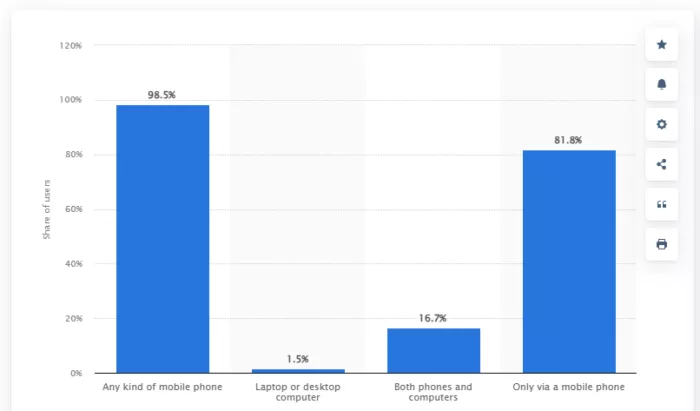
Here's what happens when your copy isn't mobile-optimized: Users scroll past your ad because it appears as a dense block of text on their phones.
You can fix this by following these proven mobile formatting guidelines:
- Keep paragraphs to 2-3 lines on mobile
- Use clear spacing between key points
- Front-load important information
- Include visual breaks in your copy
Mistake #2: Misaligned Customer Journey Messaging
You might be using the wrong message for where your customer is in their buying journey. According to HubSpot, 67% of ad campaigns fail because they don't match the audience's current buying stage.
Let me show you what this means in practice. If you're targeting cold traffic with bottom-of-funnel messaging about pricing and features, you're likely seeing high ad costs and low conversion rates. Our analysis shows that ads aligned with the correct journey stage perform better in terms of engagement and conversion rates.
Here's how to match your copy to each stage:
- Awareness Stage: Focus on problem identification
- Consideration Stage: Present solution benefits
- Decision Stage: Offer specific value propositions
Mistake #3: Ineffective Pattern Interrupts
Your ad has about 1.7 seconds to grab attention in the Facebook feed. According to Science Direct, users scroll through 300 feet of social media content daily. Without effective pattern interrupts, your ad becomes just another blur in the feed.
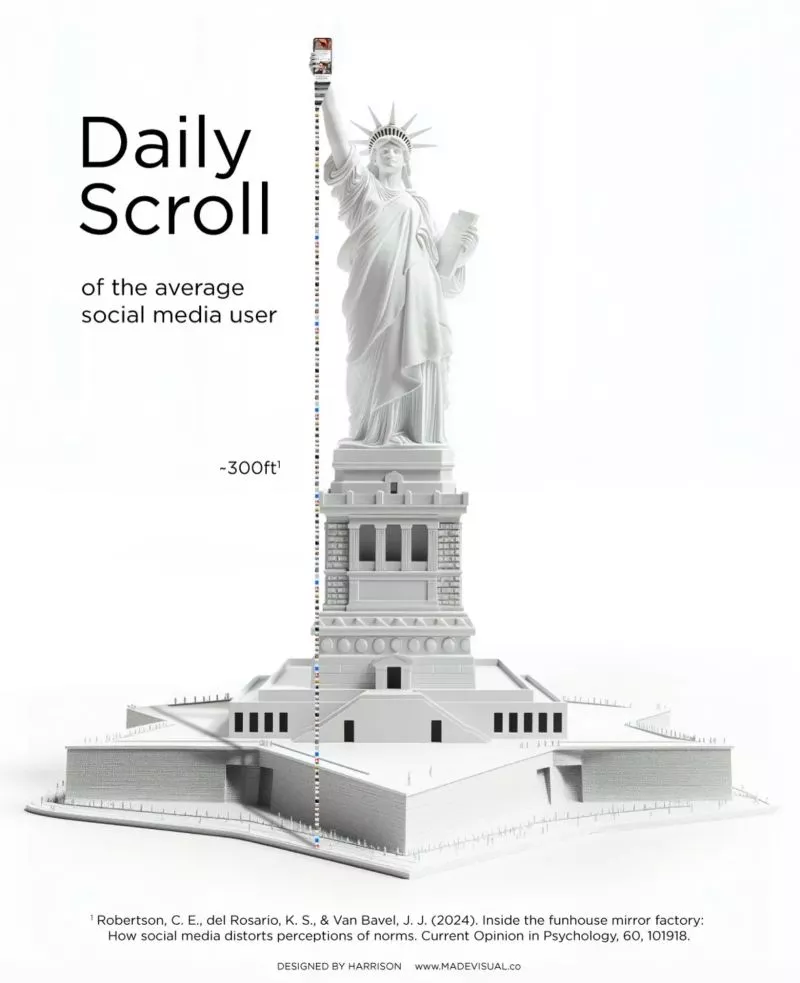
Pattern interrupts are specific techniques that make users stop scrolling. Data shows that ads using strategic pattern interrupts see an increase in view time. A case study reported a 1200% increase in organic video views after implementing a pattern interrupt at the beginning of videos. This isn't about being clever - it's about being effectively different.
You'll see better results by using these proven attention-grabbing techniques:
- Start with a surprising fact or statistic
- Use question-based openings that challenge assumptions
- Include power words that trigger emotional responses
- Create curiosity gaps in your first line
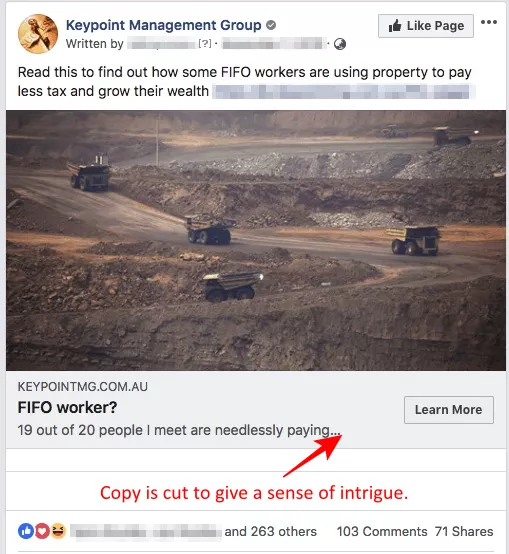
Each of these sections builds on the previous one. When you combine mobile-first structure with journey-aligned messaging and effective pattern interrupts, you create ads that not only catch attention but also maintain engagement throughout the entire message.
Mistake #4: Weak Value Proposition Integration
You might be hiding your best benefits where no one can find them. Ads that clearly state their value proposition in the first 125 characters see higher click-through rates. The key isn't just stating your benefits - it's positioning them effectively.
Here's what successful value integration looks like in practice. Instead of burying your key benefits in the middle or end of your ad, lead with them. Data shows that front-loaded value propositions receive 3.5 times more engagement than those placed later in the copy.
This example shows a strong value proposition that include numbers to give customers measurable expectations.
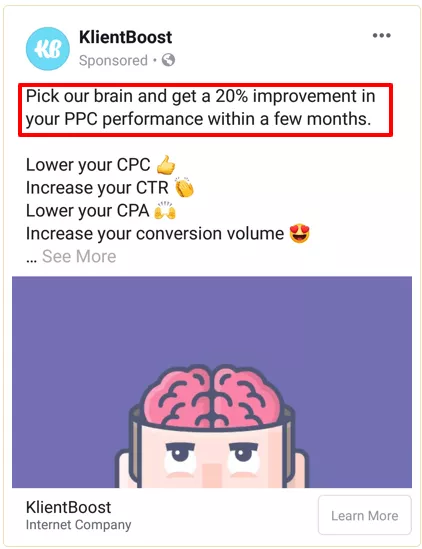
Use this proven value stack method:
- Primary benefit: Address the main pain point first
- Supporting value: Add specific proof points
- Unique advantage: Show what makes you different
- Risk reversal: Remove potential objections
Mistake #5: Missing Social Proof Amplification
Your potential customers need more than just your word. According to Statista, 89% of users trust peer recommendations more than branded content. Yet many advertisers either omit social proof or place it ineffectively.
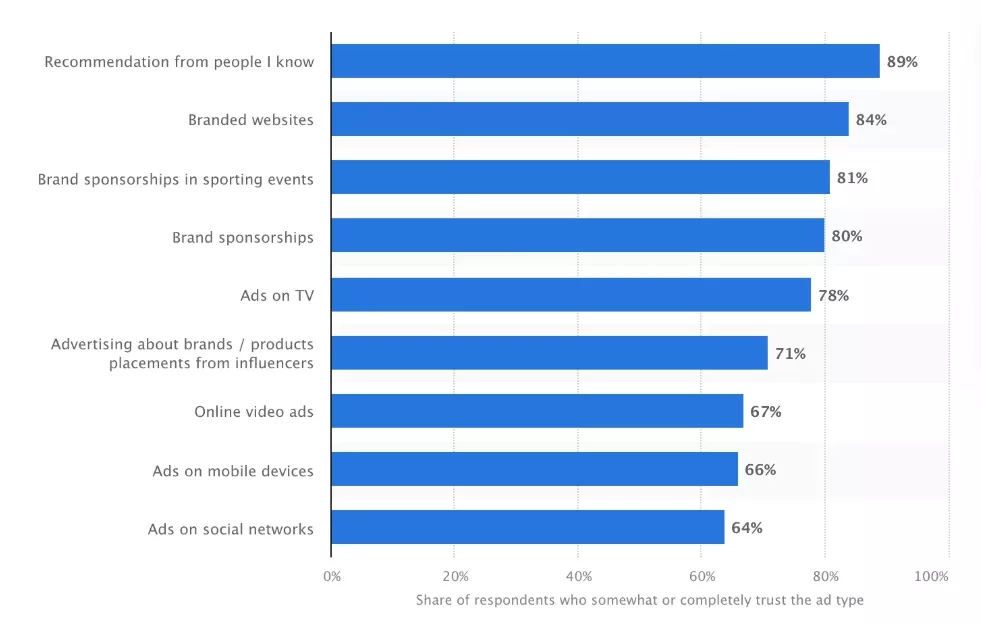
Let me show you what works. Our analysis of high-performing ads reveals that strategic placement of social proof elements increases conversion rates by 68%. This isn't about adding random testimonials - it's about using the right proof at the right moment.
Here's how to integrate social proof effectively:
- Use specific numbers and results
- Include recognizable names or brands
- Add relevant industry credentials
- Feature recent customer success stories
Mistake #6: Poor Emotional Trigger Mapping
You might be focusing too much on logic when emotions drive decisions. According to Harvard Business Review's latest research, 95% of purchasing decisions are subconscious and emotionally driven. Yet many ads still rely heavily on features and specifications.
According to Kantar, digital ads that trigger powerful emotional responses are approximately 4x more effective at creating impact compared to those with limited emotional engagement. This improvement comes from understanding and addressing the emotional drivers behind purchasing decisions.
Apply these emotional trigger techniques:
- Identify primary emotional motivators
- Use story-based examples
- Include relatable scenarios
- Address emotional pain points first
This example shows the emotional pain point and how it can be addressed:
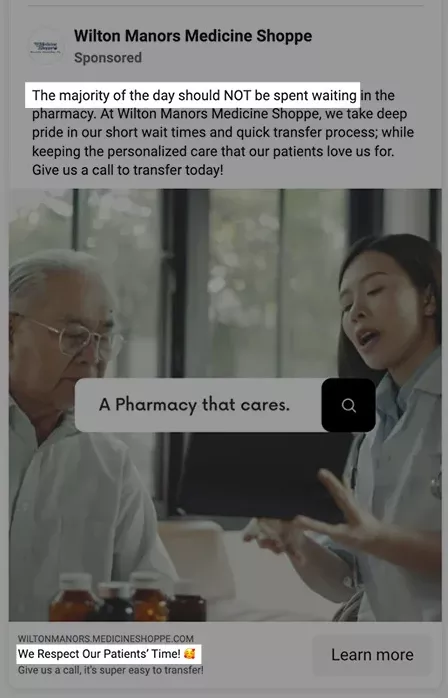
Mistake #7: Inadequate Call-to-Action Psychology
Your call-to-action might be working against you. According to Wisernotify, Optimized CTAs based on audience behavior and platform context on social media ads can lead to 73% higher conversions. The difference lies in understanding how users make decisions in the Facebook environment.
Here's what the data tells us: Users respond better to CTAs that create a sense of immediate value. Action phrases that combine urgency with clear benefits see more engagement than standard "Learn More" or "Sign Up" buttons.

Apply these proven CTA techniques:
- Use action words that imply immediate benefit
- Create mild urgency without pressure
- Address specific user goals
- Remove risk from the action
Mistake #8: Neglecting Platform-Specific Language
You need to speak Facebook's language - literally. This means your corporate tone might be hurting your results.
Studies show that ads using platform-native language patterns receive more organic engagement. This isn't about being casual - it's about matching how your audience naturally communicates on Facebook.
Use these platform-specific language guidelines:
- Match the conversational tone of your audience
- Use current platform-specific phrases
- Keep sentences short and direct
- Write like you're talking to a friend
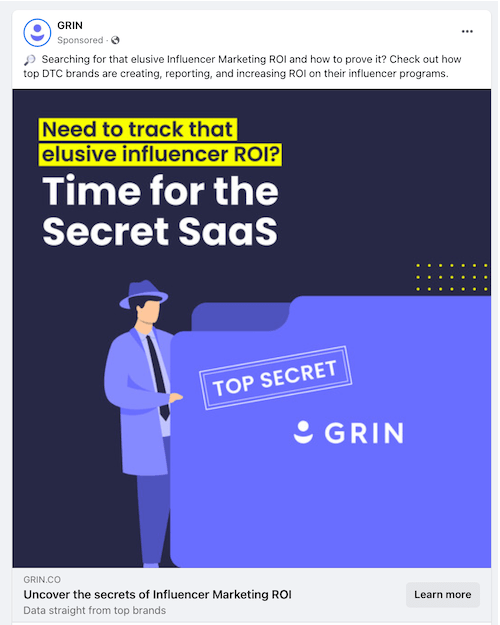
Mistake #9: Inconsistent Voice and Tone
Your brand's voice is its personality fingerprint, yet marketers consistently find that underperforming ads often suffer from voice inconsistency issues. That casual, friendly approach in your headline followed by corporate jargon in your description? Your audience notices—and it's costing you.
Brands with consistent voice across campaigns typically see significantly higher engagement rates and improved brand recall. This isn't just about sounding good—it's about building the recognition that drives long-term customer relationships.
Here's how to maintain voice consistency that converts:
- Develop clear brand voice guidelines that define your tone
- Create a simple reference sheet with examples of appropriate language
- Review all ad copy against these guidelines before publishing
- Ensure consistency across all marketing channels, not just Facebook ads
- Consider your audience demographics and preferences when establishing your voice
CONCLUSION
Let me show you how to put everything you've learned about Facebook ads into action. The key isn't just understanding what's changed - it's about making smart updates without getting stuck in the details.
Here are your next steps for better Facebook ads:
- Break your ad copy into mobile-friendly sections
- Put your main benefit in the first two lines
- Add customer proof points near the start
- Test one change at a time for three days
- Keep sentences under 15 words
You could spend weeks testing these changes yourself. Or there's a simpler way: let our Growbo team handle it all for you.
Try our complete marketing team for just $7 for 7 days. We'll optimize your Facebook ads using everything from this guide, plus handle any other marketing tasks you need - from email campaigns to landing pages.
It's straightforward. Send us unlimited requests while you focus on running your business. No contracts or complications - just practical marketing help when you need it. Book your call today to get started.
Share your Facebook ad questions below - our team reads every comment!
Keep Growin', Stay Focused,

Credit Images:
1 - https://marketingresults.com.au/best-facebook-ad-examples
2 - https://www.socialmediaexaminer.com/4-facebook-ad-techniques-deliver-results/
3 - https://retailtimes.co.uk/89-of-consumers-trust-recommendations-above-all-other-advertising-channels/
4- https://www.wordstream.com/blog/ws/2022/06/21/emotional-ad-copy-examples
5- https://www.wordstream.com/blog/ws/2016/05/23/facebook-ad-examples


